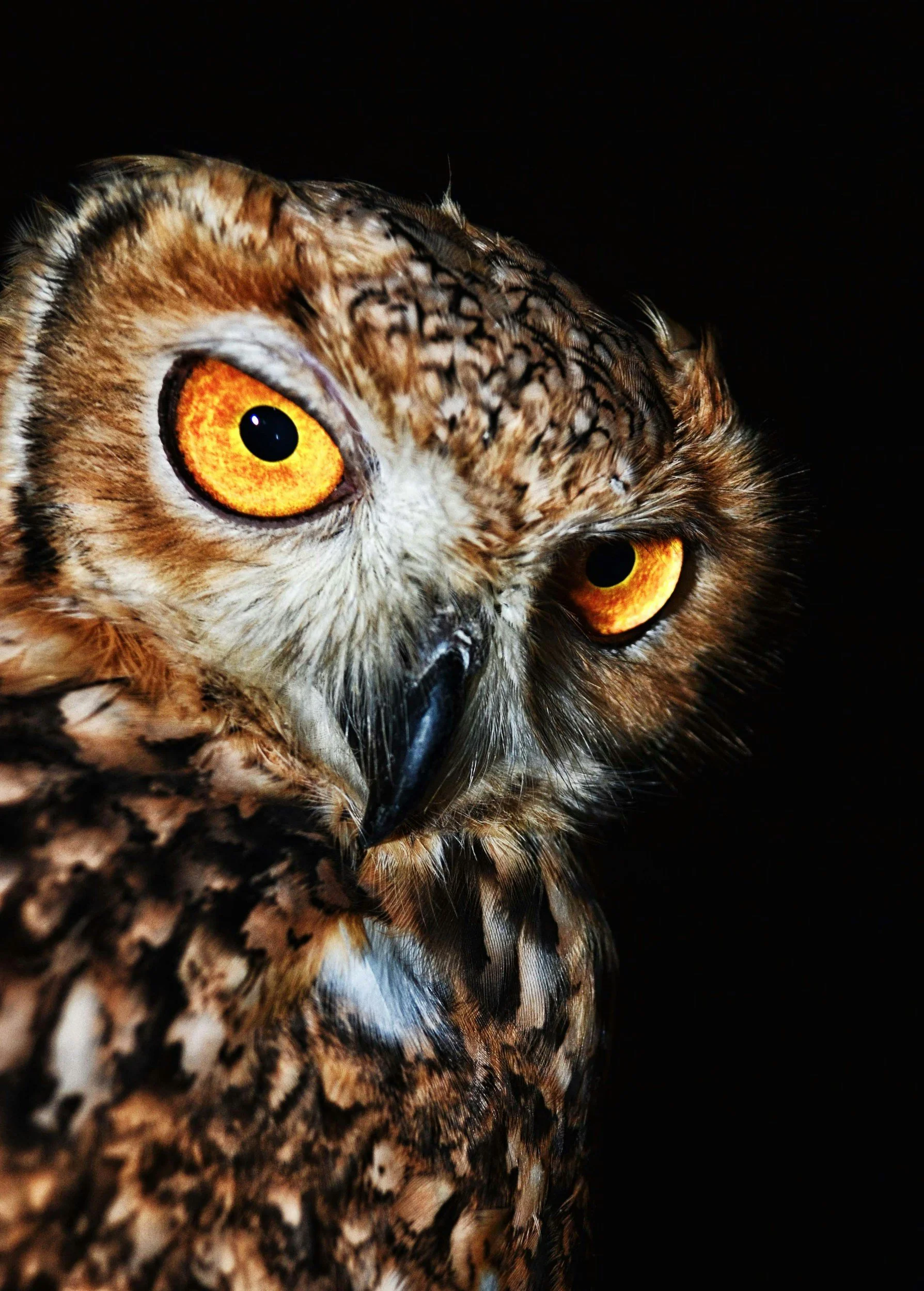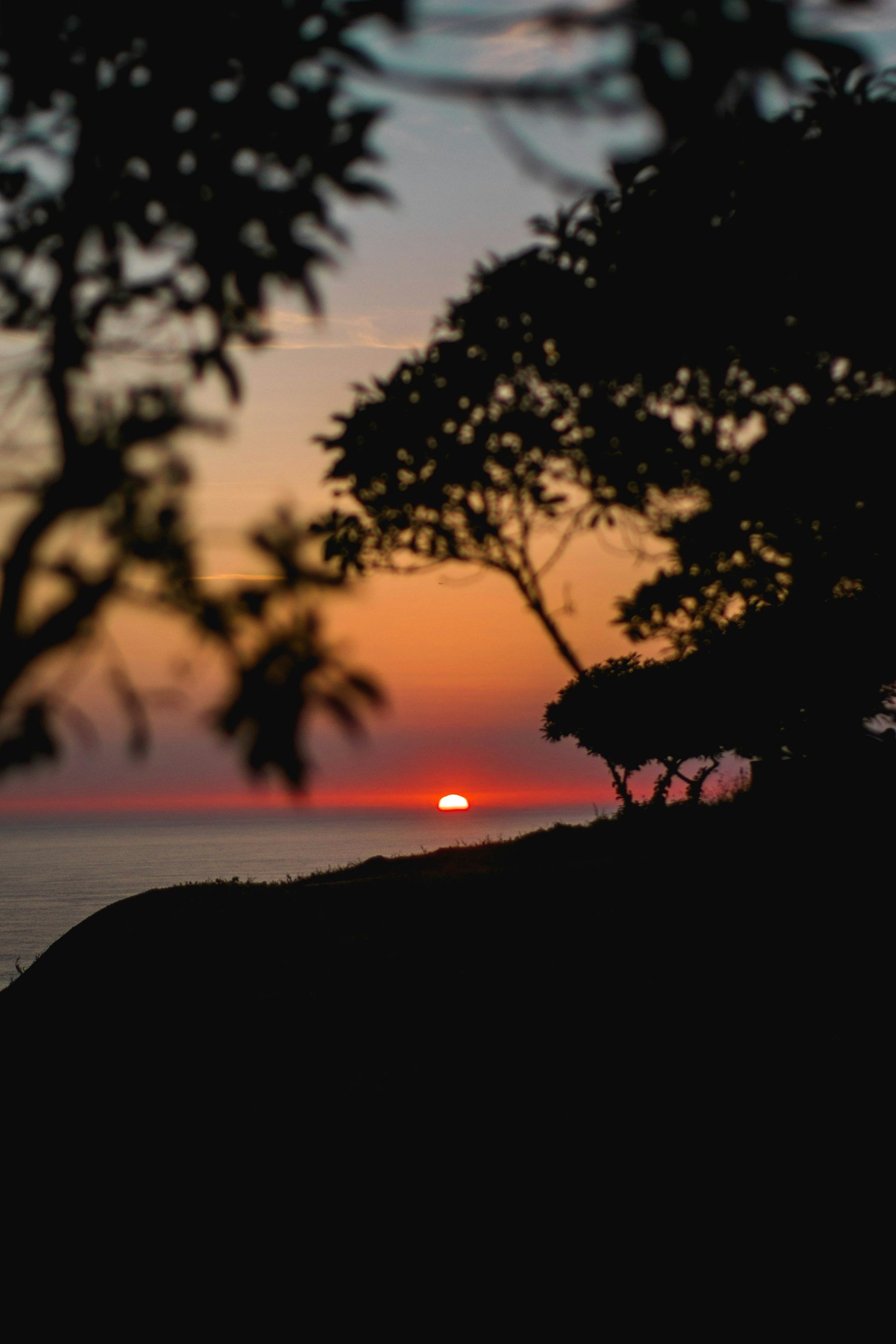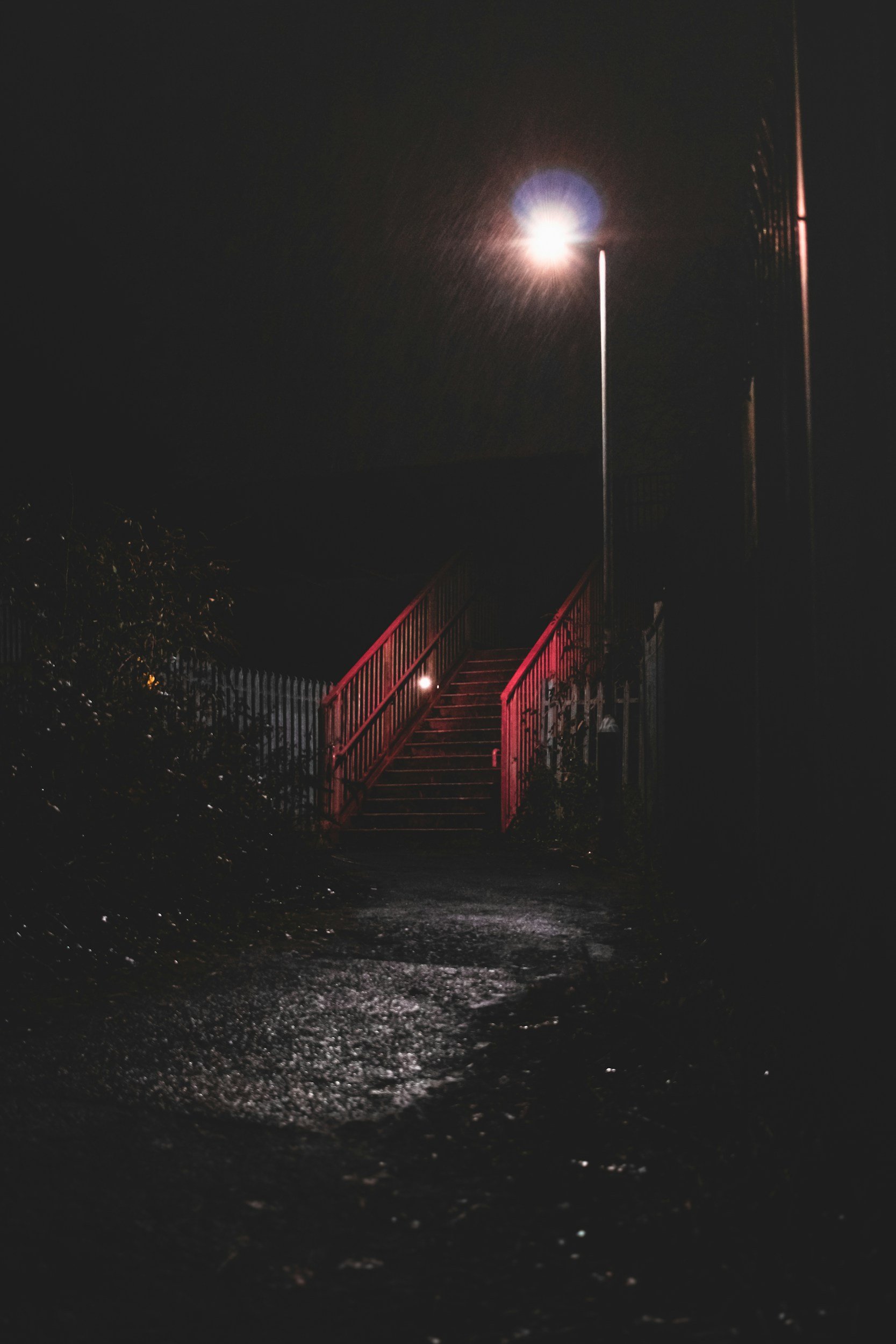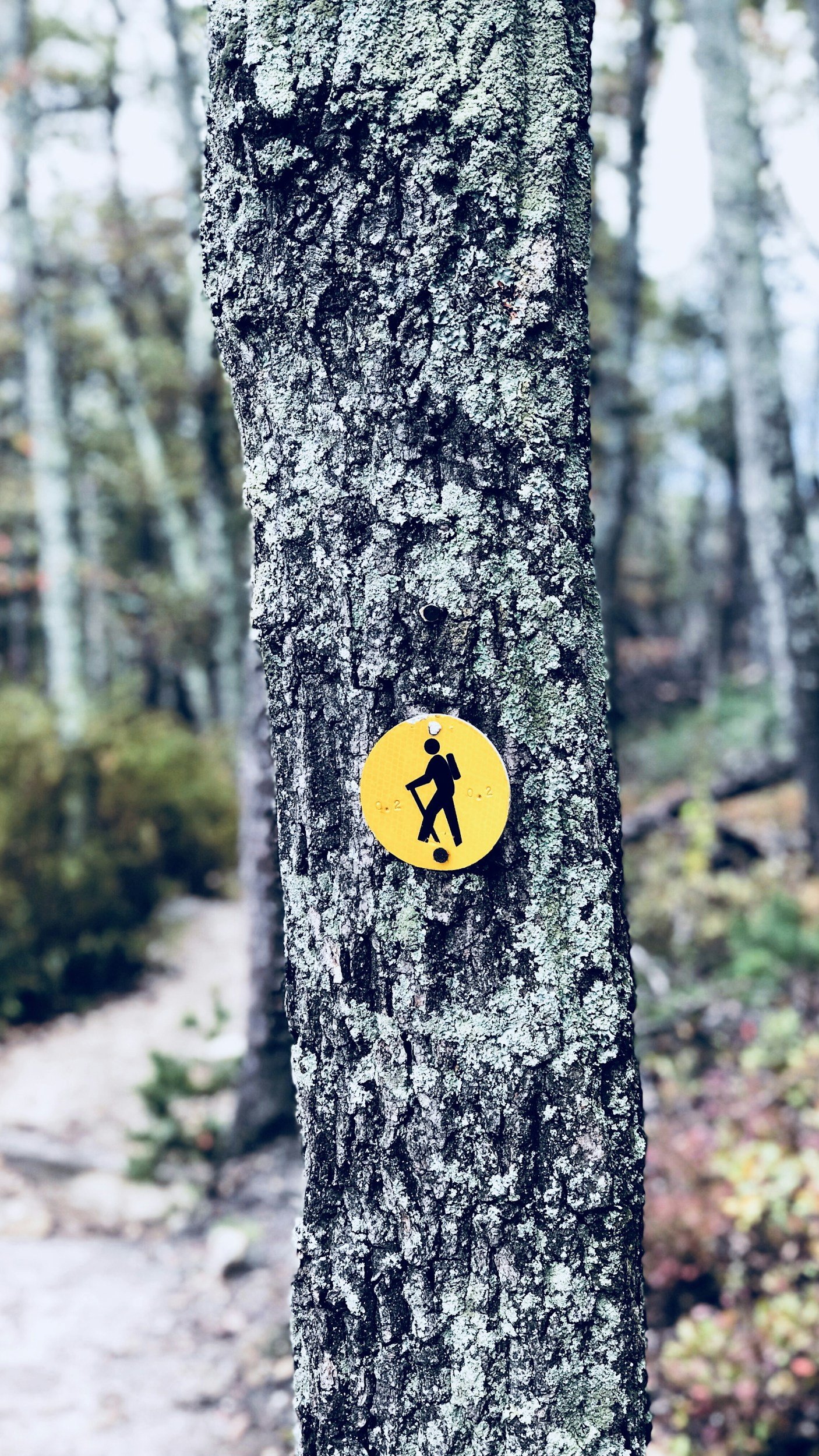Why Using Wood from Sacred Trees to Cook in Igbo Land is Forbidden!
In Igbo spirituality, certain trees and plants are highly revered as sacred. Trees like the Ogilishi tree, Ngwu tree, and Oji (Iroko tree) amongst others hold a special place in Igbo cosmology. Their significance goes far beyond their physical presence; they are deduced to be connected to the spiritual realm, and the divine forces of nature.
Because of this, in most Igbo traditions, using wood or any part of these sacred trees to cook food is strictly forbidden. But why? Let’s take a look at the spiritual logic behind this ancient taboo.
Sacred Trees Are Not Ordinary
In Igbo land, certain trees are considered dwellings for spirits. Arusi (deities), Agbara (cosmic forces), and guardian energies often choose these trees as their homes or meeting points.
Cutting these trees for everyday use, like cooking, is not only seen as disrespectful, it’s believed to be a direct violation of spiritual laws. It’s akin to burning the roof of a temple to light a fire for mundane use. An act that invites both spiritual and physical consequences.
It Is Believed to Cut Short Life Spans
There is a long-standing belief that cooking with wood from these sacred trees can cut short a person’s life span. This belief stems from the idea that when you use spiritually charged materials for mundane activities, you unknowingly invite negative consequences.
The logic goes like this:
Sacred trees hold very active spiritual energy.
Using their wood to cook "defiles" or “misdirects” that energy.
This act can disturb the spiritual balance, leading to misfortune, and in extreme cases, a shortening of one’s life.
In a way, it's seen as tampering with forces beyond human understanding. Forces that are meant to protect, not to be exploited for personal convenience.
It's About Respecting the Invisible World
Igbo culture and traditions hold respect for the unseen world. Igbo cosmology teaches that the physical and spiritual realms are deeply interconnected. What you do in one realm ripples into the other.
Cooking with sacred wood might seem harmless on the surface, but in the spiritual sense, it signals a lack of reverence for forces greater than oneself. It’s a breach of trust between humans and the divine, and that imbalance can manifest in unexpected ways like illness, misfortune, or a spiritual block.
It’s not seen as superstition, it’s seen instead as a practical and harmonious way to coexist with the spiritual realm. Just as you wouldn’t insult a guest in your home, you don’t "insult" the spiritual forces tied to these sacred trees.
What This Teaches Us Today
Even if you’re no longer living in a traditional Igbo village or don't interact directly with these sacred trees, the lesson remains relevant. This practice teaches:
Respect for nature: Recognizing that some elements of the natural world are spiritually significant and should be treated with care.
Boundaries between the sacred and the ordinary: Not everything is meant for everyday use, some things are meant to remain holy and untouched for greater purposes.
Spiritual discipline: Reminding us that actions, even small ones, can have spiritual weight.
Concluding Thoughts
Using wood from sacred trees like Ogilishi, Ngwu, or Oji for cooking is forbidden in Igbo land because it disrupts the spiritual balance and invites negative consequences. More than that, it reflects a broader truth in Igbo spirituality that not everything in nature is for human consumption or use. Some things belong to the divine, and when we respect that, we stay in harmony with both the physical and spiritual realms.
So the next time you think about the natural world around you, ask yourself: What is sacred here? What should be preserved, honored, and left alone? The answers may guide you not only in spiritual matters but in how you move through life itself.
Would love to hear your thoughts, have you ever heard of this taboo before? What other taboos around sacred trees do you know of? Let’s talk in the comments. Dalu 🌿









